Celebrating 90 Years of Farmers Weekly: A Journey Through the Decades
For nine decades, Farmers Weekly has been at the heart of the agricultural community, chronicling the triumphs, challenges, and transformations of the farming world. Since our inception in 1934, we've witnessed remarkable changes, from the mechanisation of farming practices to the digital revolution that shapes the industry today. Through wars, economic shifts, and environmental challenges, we've stood by farmers, providing essential news, insights, and innovations. As we celebrate our 90th birthday, join us in reflecting on the rich history and evolution of farming, decade by decade, and look forward to a future brimming with promise and potential.
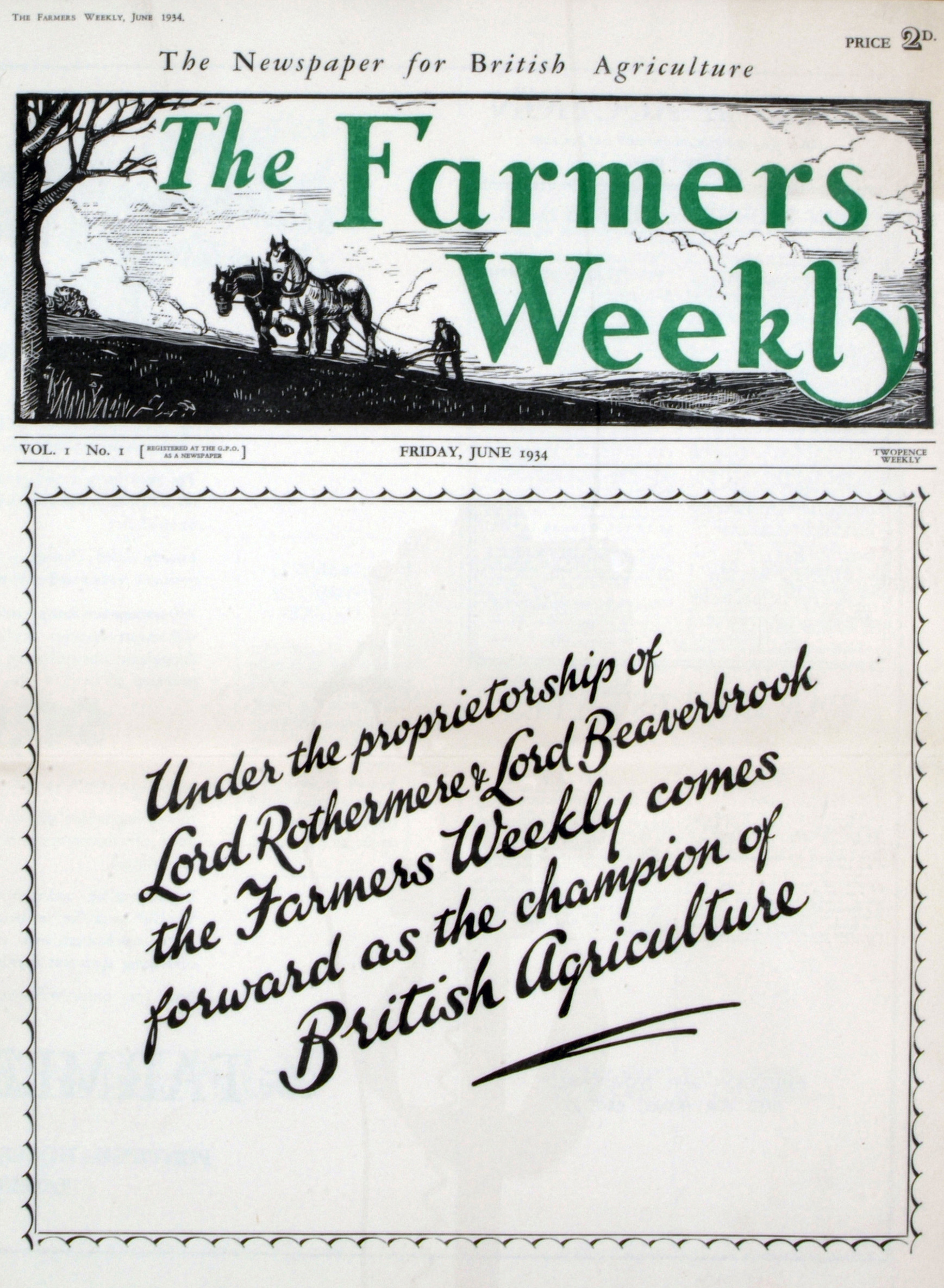
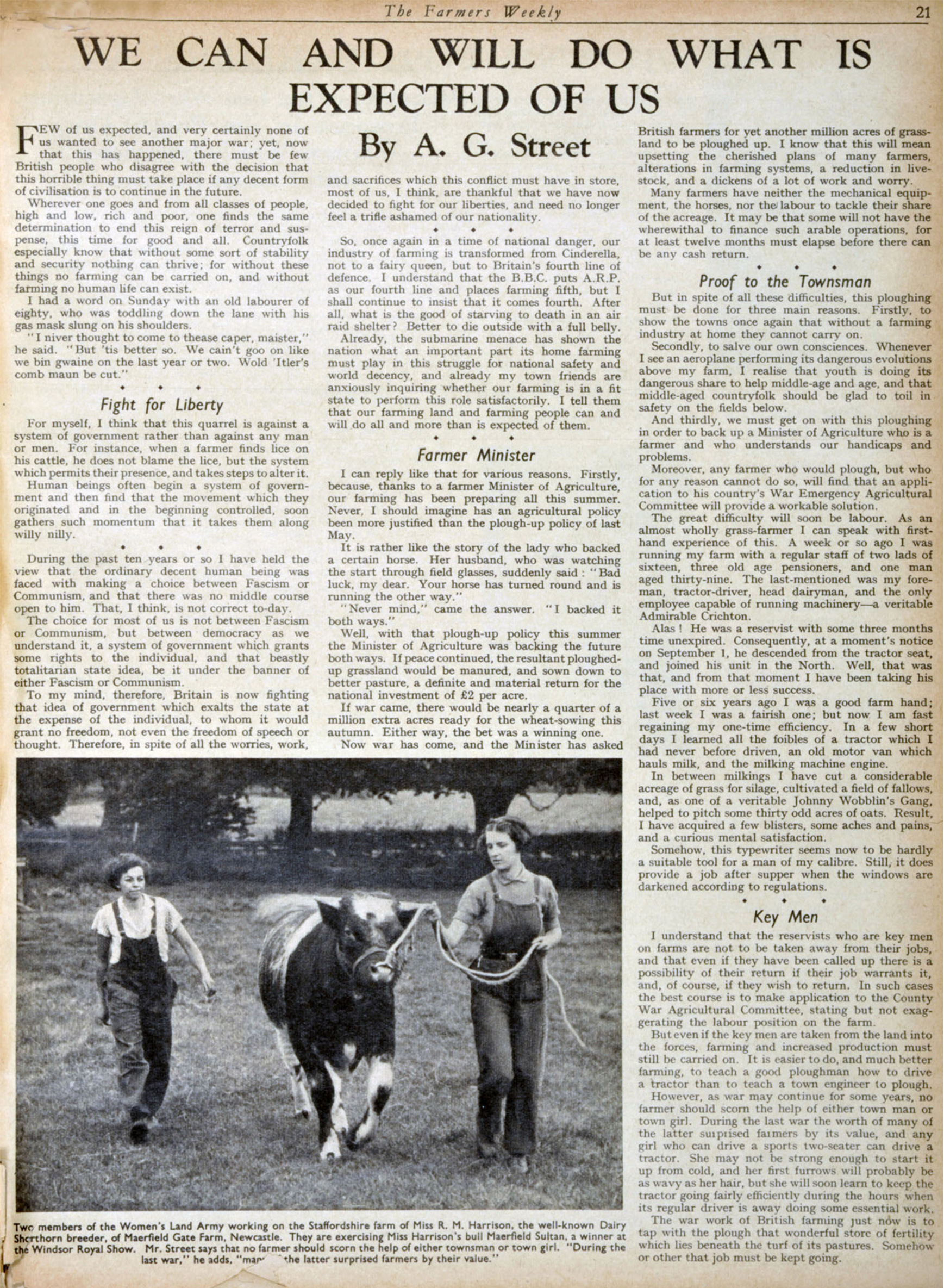
1930s
The 1930s were marred by the Great Depression and the declaration of the Second World War. Neville Chamberlain was prime minister. Many farms were without electricity and still using heavy horses to plough the land.
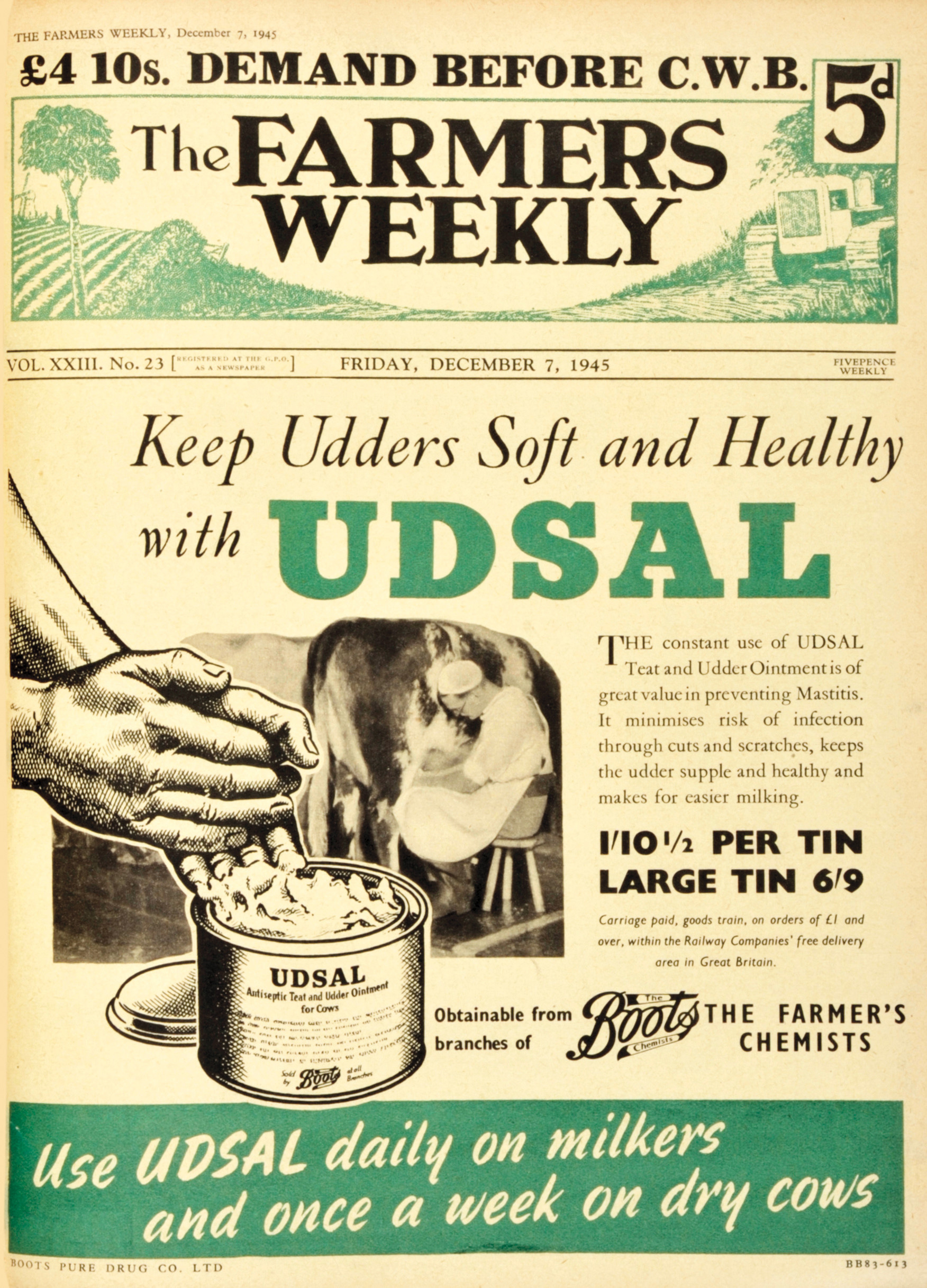
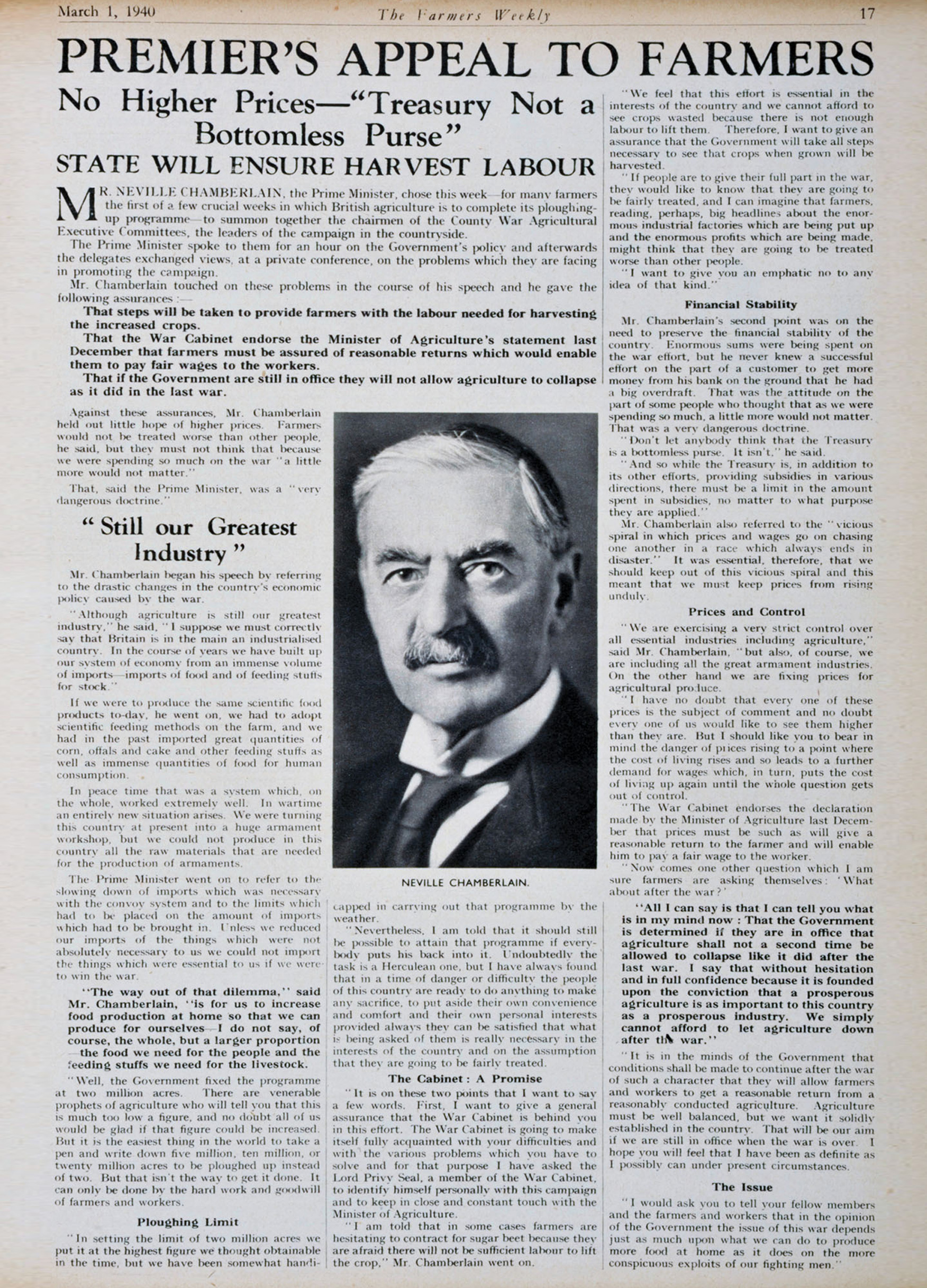
1940s
The war gave farming a new status; land girls joined farmers to tend the fields, taking on the jobs left by the men who had gone to fight. Everyone was urged to do their bit as the country teetered on bankruptcy. The government introduced the Agriculture Act of 1947, which offered guaranteed prices and assured markets for farmers’ produce.

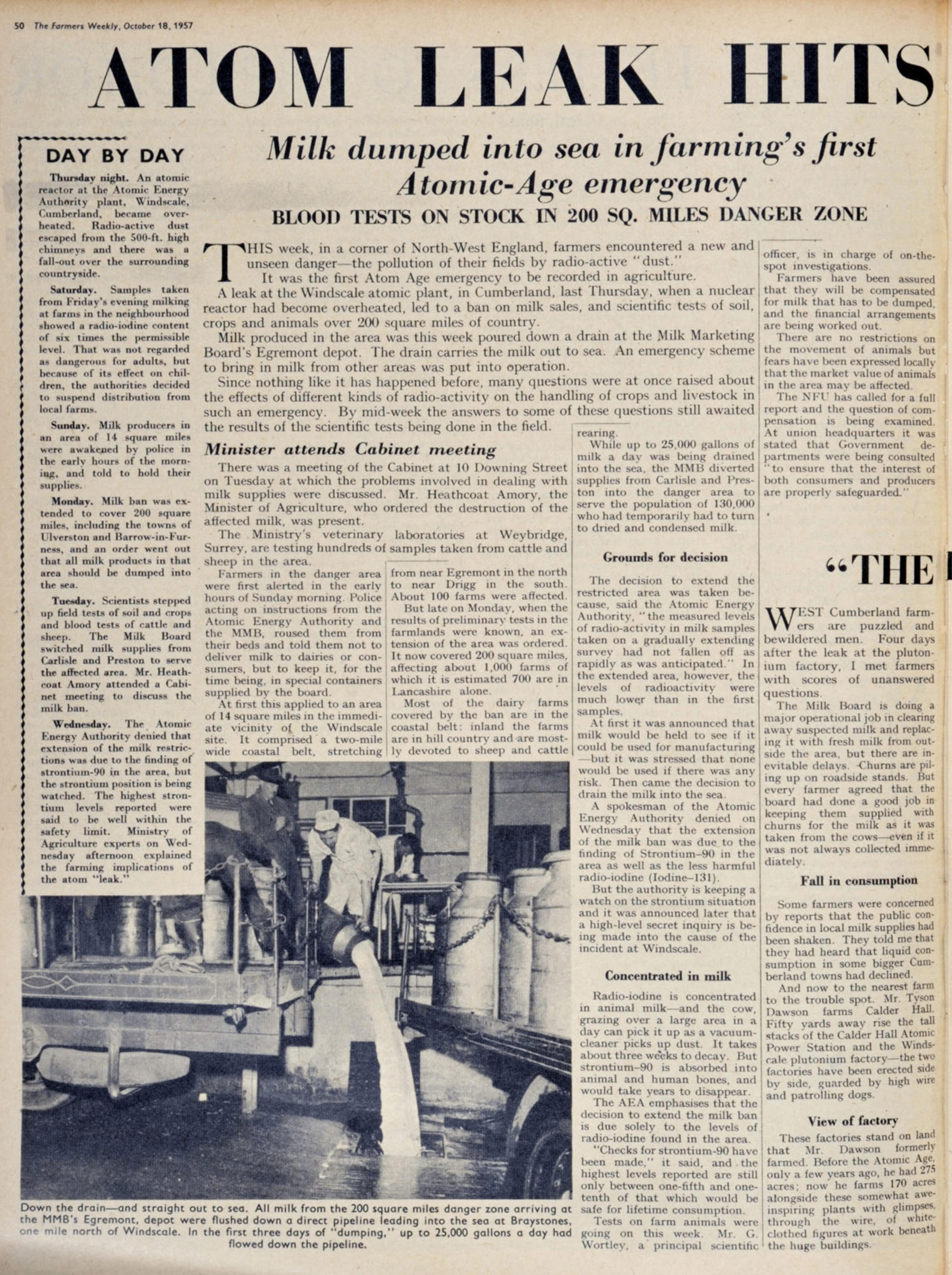
1950s
Farm mechanisation was moving up a gear, as were husbandry techniques. It was a decade of experimentation, including aerial spraying, new cattle genetics and the first national weed control conference. Queen Elizabeth II was crowned in 1953 and the first episode of The Archers aired on BBC radio, marking the start of a more positive era.
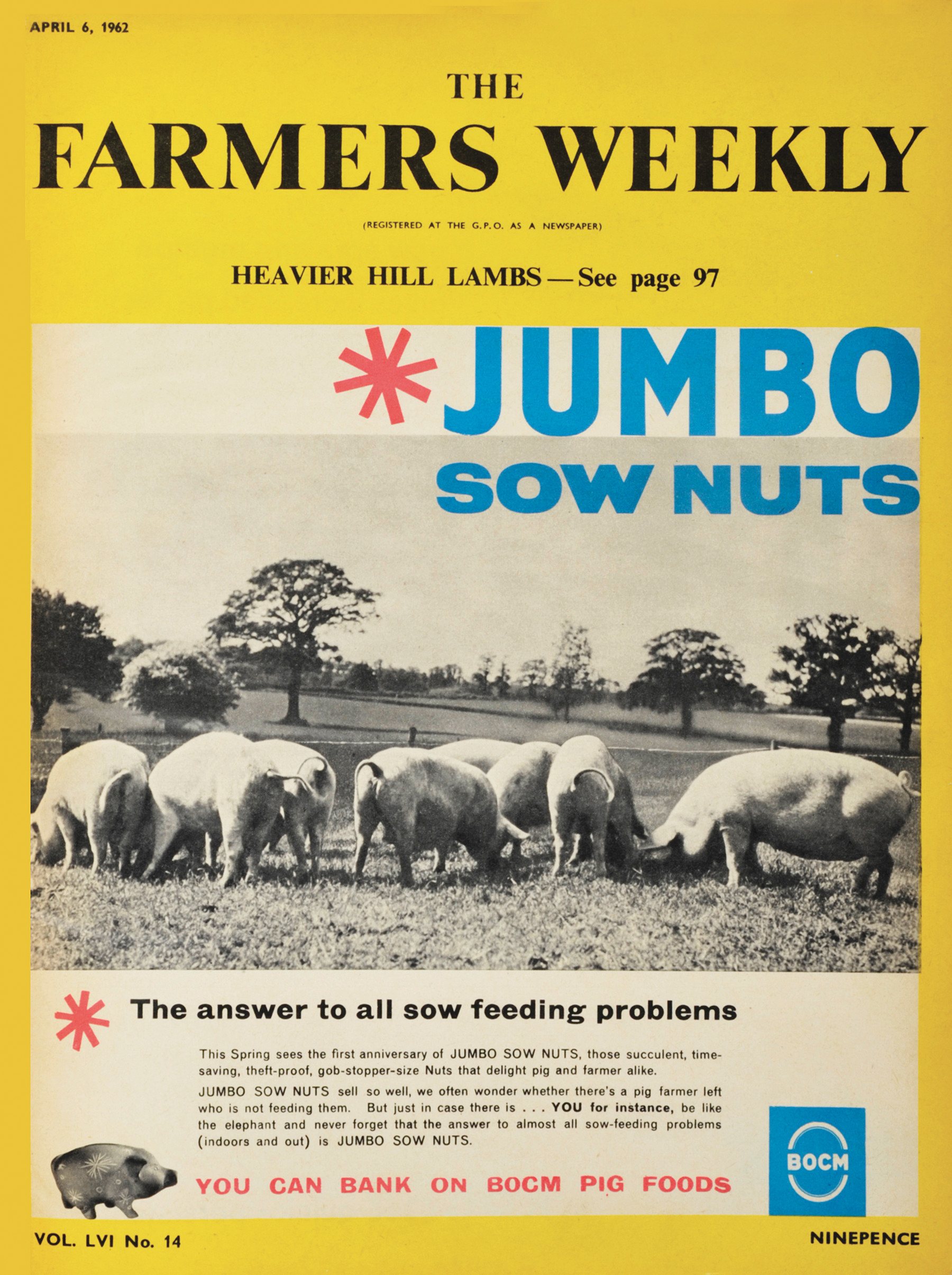
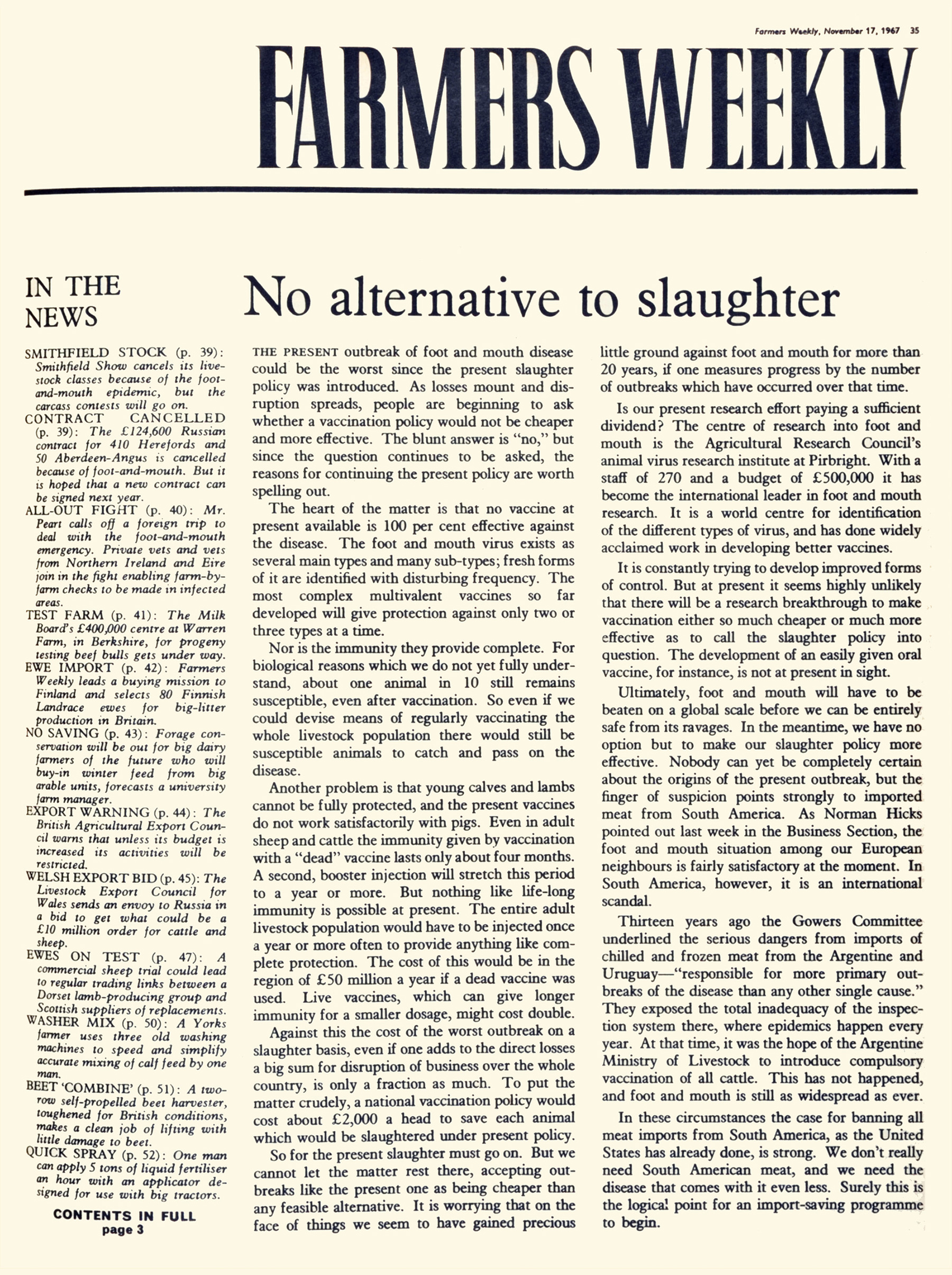
1960s
A period of expansion, specialisation and intensification in farming with the rise of the supermarkets and big processors. The familiar foes of foot-and-mouth and snow dealt a blow. The Beatles, Christine Keeler and Twiggy dominated the national media headlines.
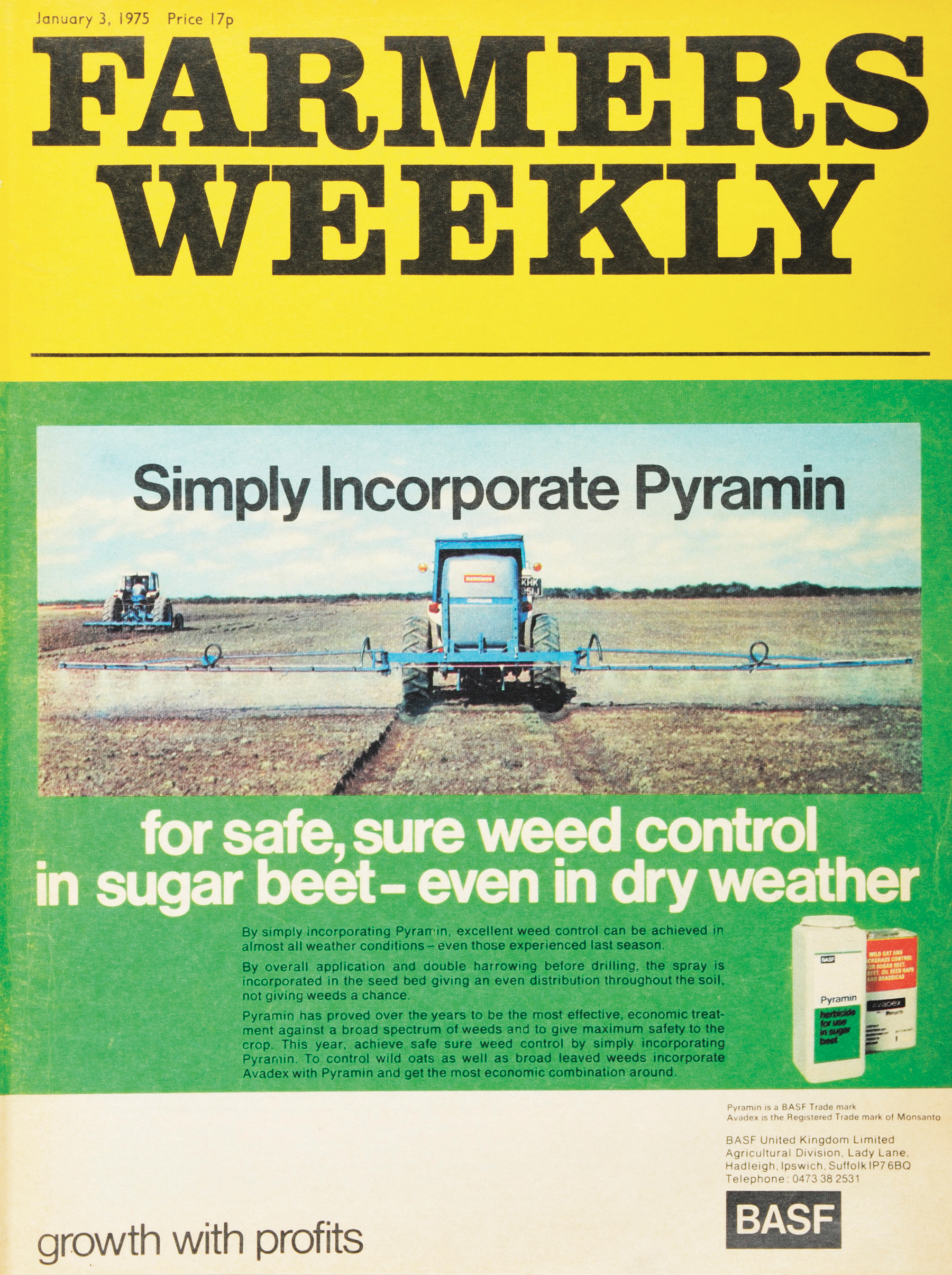
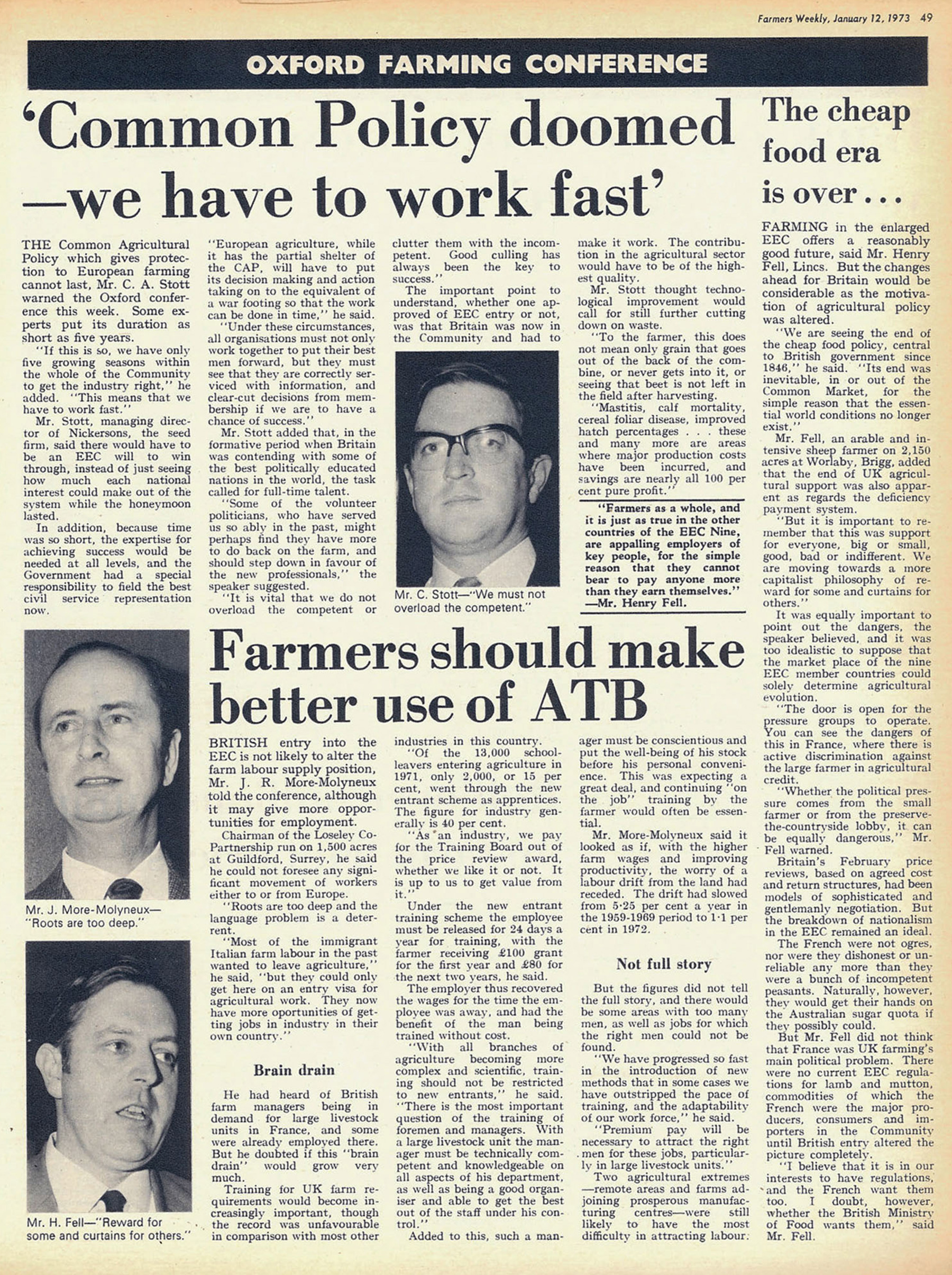
1970s
Farmers were getting to grips with decimalisation and joining the EEC. They were also playing their part in conserving energy during the fuel crisis. Henry Plumb was elected NFU president.

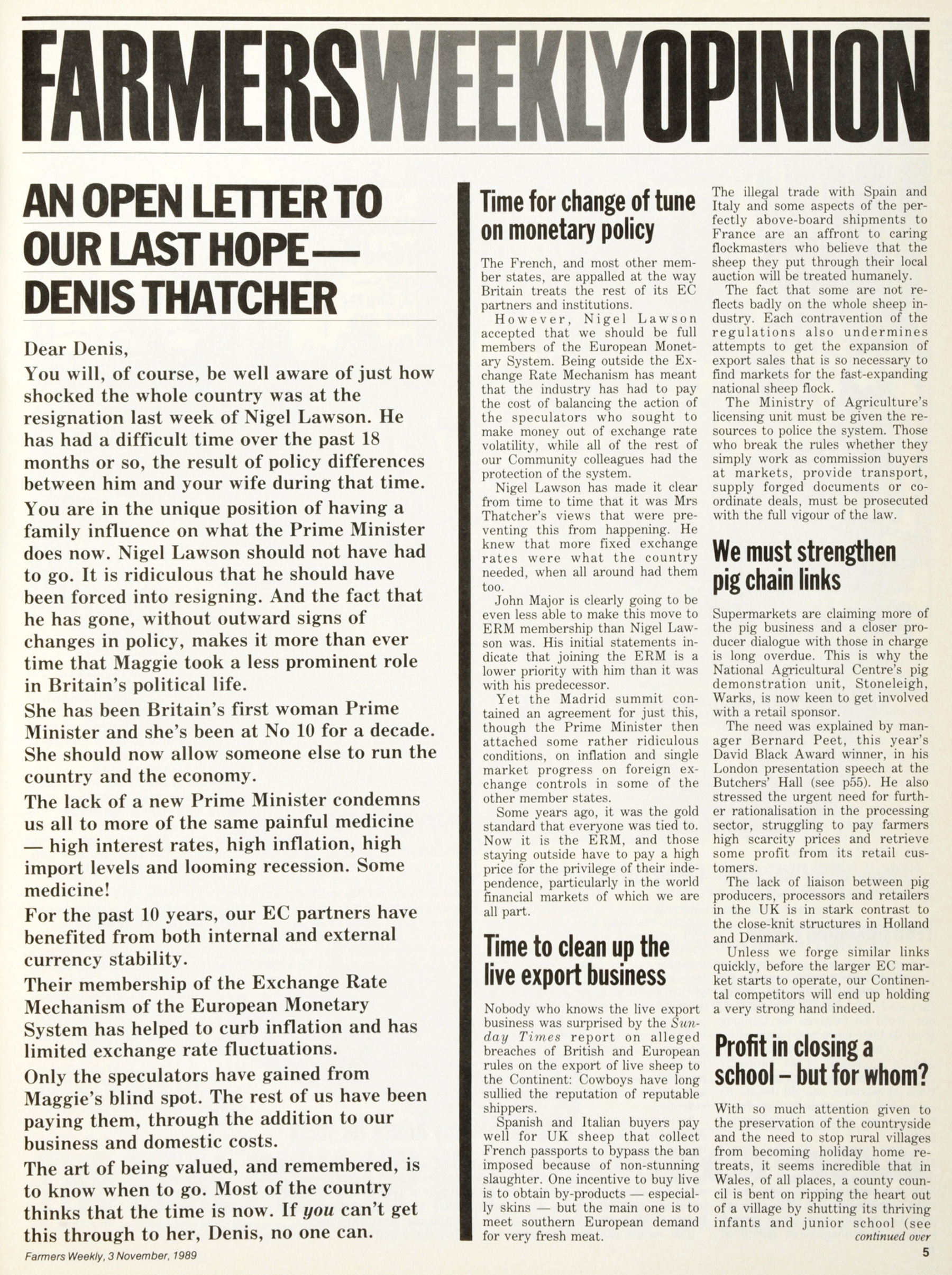
1980s
This was the Thatcher era. The first issue of Crops was launched. Grain stores across Europe were full to brimming, while famine in Ethiopia gave rise to the Send a Tonne campaign and Bob Geldof’s Live Aid. Edwina Currie caused a complete collapse of egg sales when she claimed they were infected with salmonella. Milk quotas were introduced.
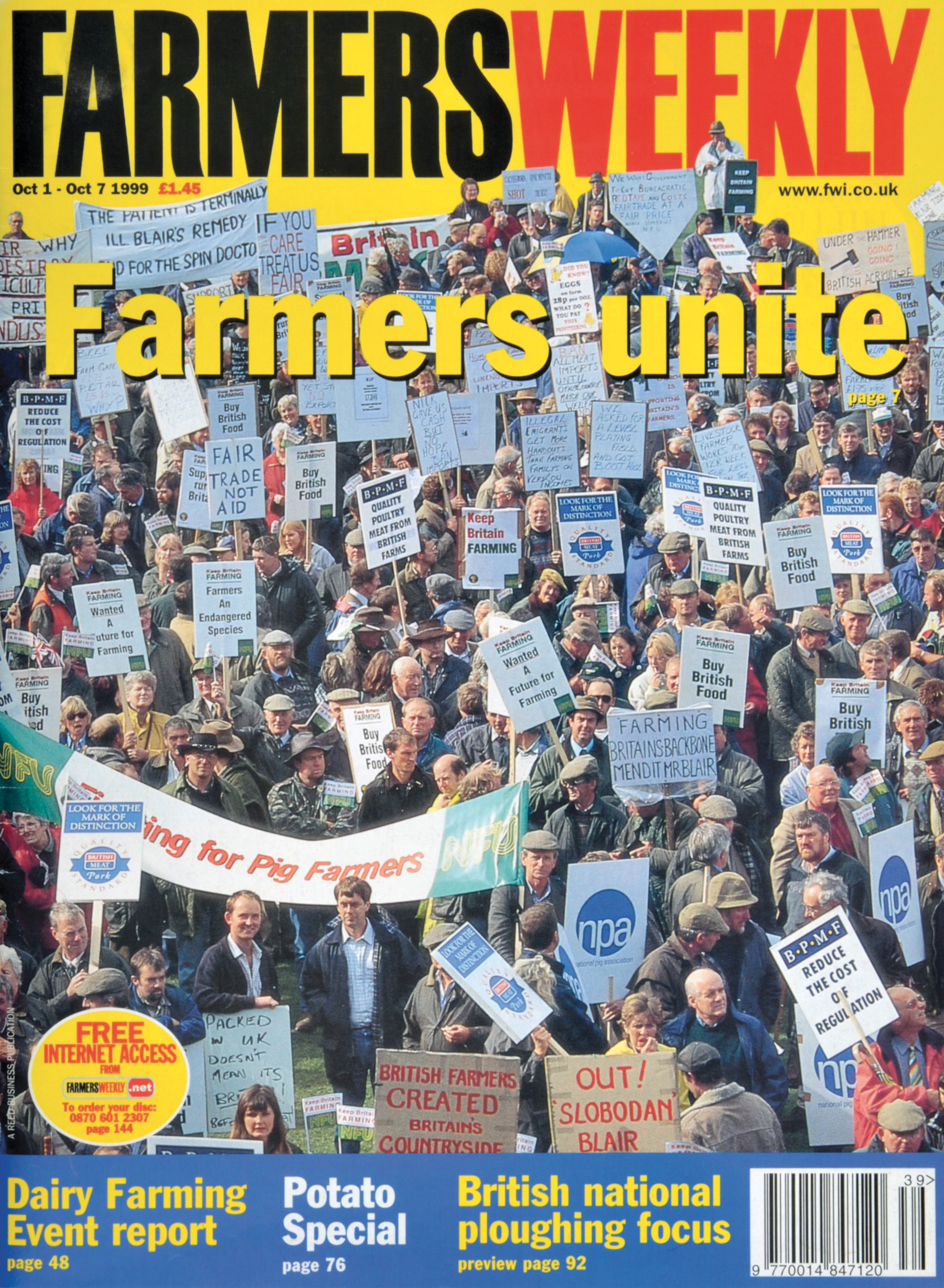
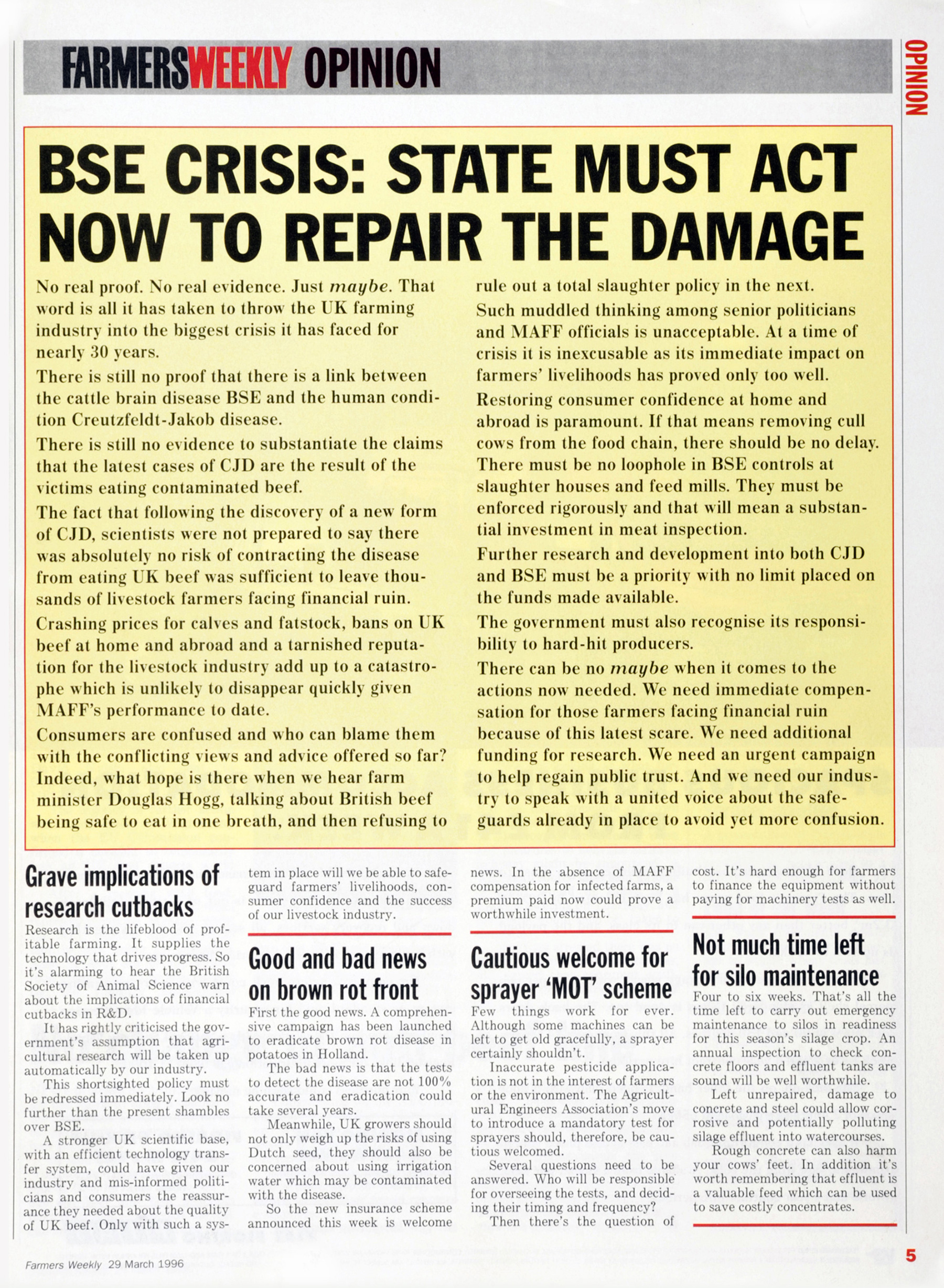
1990s
Dolly the sheep, the introduction of compulsory set-aside and BSE dominated the decade. As beef sales plummeted, John Gummer tried to bolster consumer confidence by eating a burger in front of the world’s press. Straw burning was banned and the first GM food went on sale.

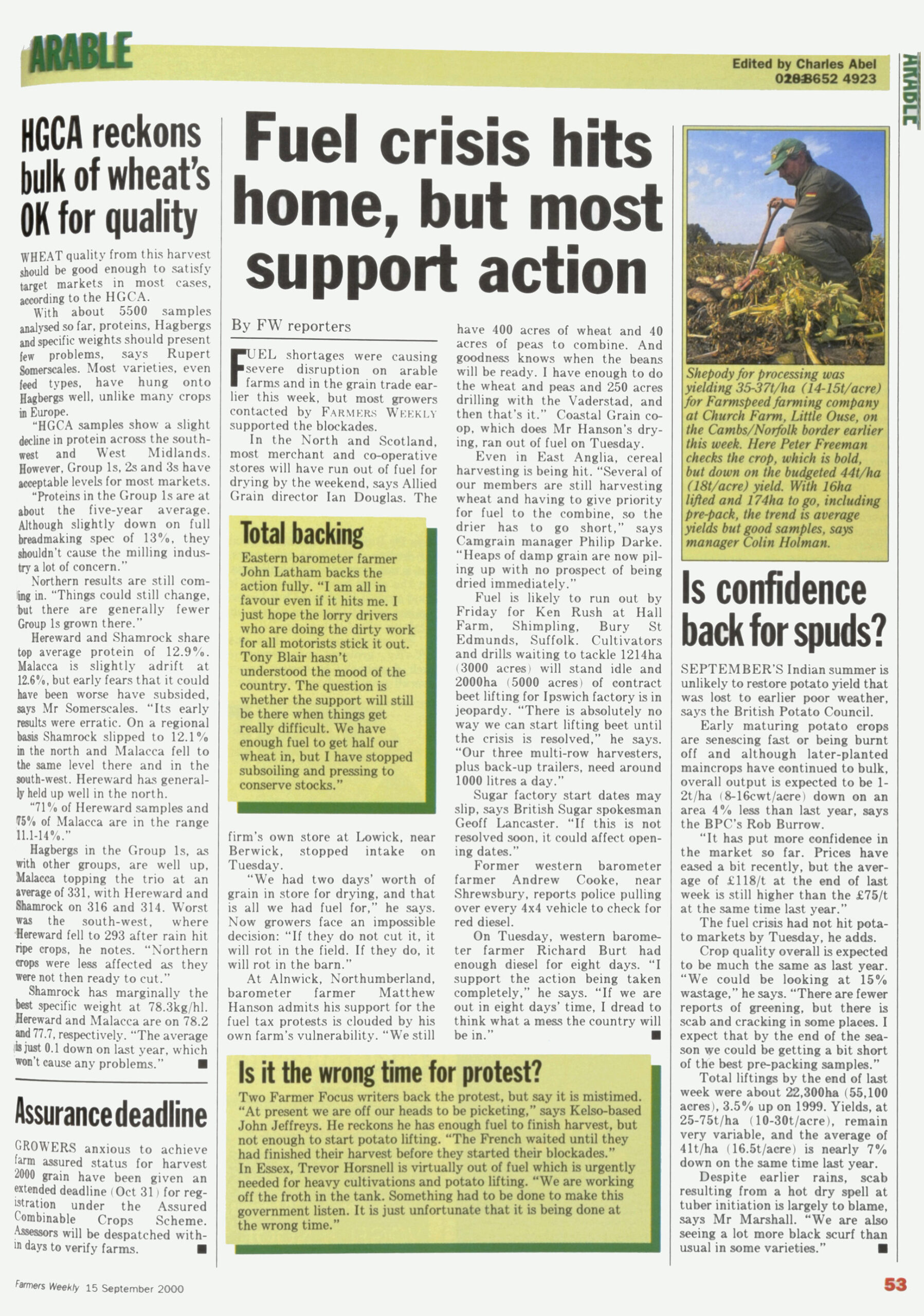
2000s
Foot-and-mouth came back with a vengeance, marking a watershed moment in farming history. It led to the postponement of the general election by Tony Blair and the involvement of the armed forces. Precision farming gained a foothold, and Open Farm Sunday began – two highlights in an otherwise challenging decade of market volatility, CAP reform and Margaret Beckett.


2010s
First, the bad news: Dairy SOS, badger culling and the horrendous harvest of summer 2012. Now the good: Technological advances continue apace. There’s renewed respect for the role of farming in modern society. Social media and mobile technology are transforming the way we work and communicate. Farmers Apprentice is born.


2020s
Climate change impacts, Brexit, the Ukraine war, and the Covid-19 pandemic have shaped the farming landscape in this current decade, the 2020s. Sustainable farming practices are gaining ground, in part, due to the loss of farming subsidies in the form of the basic payment and the transition to a new payment in the form of the Environmental Land Management scheme. Innovations in agri-tech are also revolutionising productivity and efficiency with AI and robotics entering the mainstream. Farmers Weekly continues to support farmers as they navigate these monumental changes and inspire the next generation of farmers.
